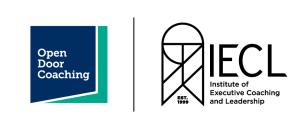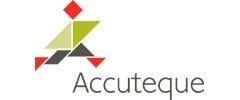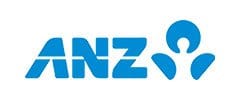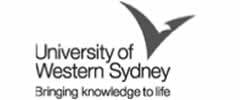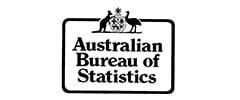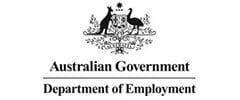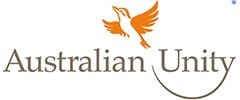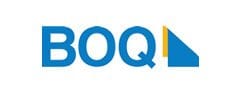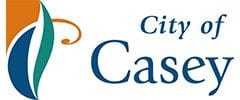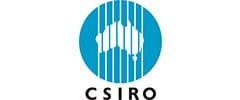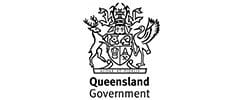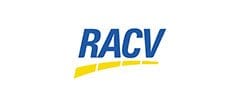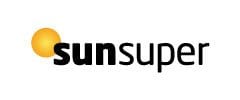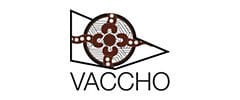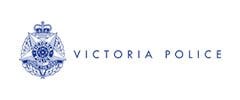Good coaching versus great coaching is easy to hear. Especially when you’ve listened to hundreds of coaching recordings and completed thousands of accreditation assessments. There are a few lessons that stand out. So, that’s why we asked our very own Brigitte Calvert
Learning from the expert
At Open Door we all have the unique opportunity to learn from one of the most experienced practitioners in Australia, our very own Brigitte Calvert. Brigitte suggests there are some clear differences between assessing recordings as ‘competent’, and a ‘not yet competent’. Especially when considering the International Coach Federation (ICF) Core Competencies. But not only that, there are some clear differences in terms of our we add value to our clients.
Good coaching happens when we:
- Establish the agreement – with a clear goal overall and for this conversation;
- Attend to what is presented by the client;
- Build trust and rapport with the client;
- Focus on the coachee in a deliberate manner and demonstrate presence
- Be non-judgmental
- Ask OPEN questions in response to what the coachee is saying and listening to context;
- Want to help fix the immediate problem using coaching;
- Ask questions that are focussed on solving the issues presented by coachee, attending to the agenda
- Demonstrate awareness at the level of what will solve the problem or achieve the goal for the client
- Establish good action plans and accountability
- Allow the coachee to find their own answers.
Alternatively, when coach is doing great coaching they will:
- Likely take more time on the agreement and link to past conversations;
- Explore the desired outcome in more depth, including the importance of the goal and measures of success;
- Build trust and rapport with a sense of ease and naturalness;
- Be 100% focussed on, and connected to, the coachee’s reflections, thoughts, feelings and discussion;
- Be unattached to outcomes;
- Ask OPEN questions – responding to the moment and stretching the coachee’s thinking;
- Ask powerful questions with a genuine curiosity and purpose;
- Use the coachee’s language and take into consideration the coachee’s learning style;
- Evoke awareness by creating space for the coachee to explore, discover, find new perspectives and learnings; and this is supported by the coach’s observation;
- Encourage action plans with purpose, potentially touching on WHO they are, not just WHAT they need to DO;
- Ensure accountability;
- Allow the coachee to find their own answers.
What about not yet competent?
As with everything we are learning, we will see the development over time. Subsequently, not everything we hear, will meet the standards initially. A coach will be deemed not yet competent if they are:
- Telling, mentoring or advising;
- Judging or frequently giving your opinion;
- Using LEADING questions;
- STACKING questions;
- Asking a lot of CLOSED questions;
- Asking questions for more story and out of interest;
- Jumping into the space or cutting the coachee off;
- Talking a lot, telling stories or monopolizing the conversation.
Dedication to practice and continuous improvement
Improving our skills takes dedication to practice. Therefore, we are focussed on continuous improvement over many years. This includes: listening to recordings; reviewing our own practice; and getting feedback on our skills.
We cover this in our Certificate IV in Workplace and Business Coaching Program. In addition, we include mentoring in our programs to enable this development.
However, it’s not just ‘new’ coaches that need to think about this progression. In the same way, coaches at all levels can benefit from this reflection. Indeed, as Brigitte suggests, this reflection will be in terms of how they we add value to our clients. In addition, how we strive for excellence in our practice.
